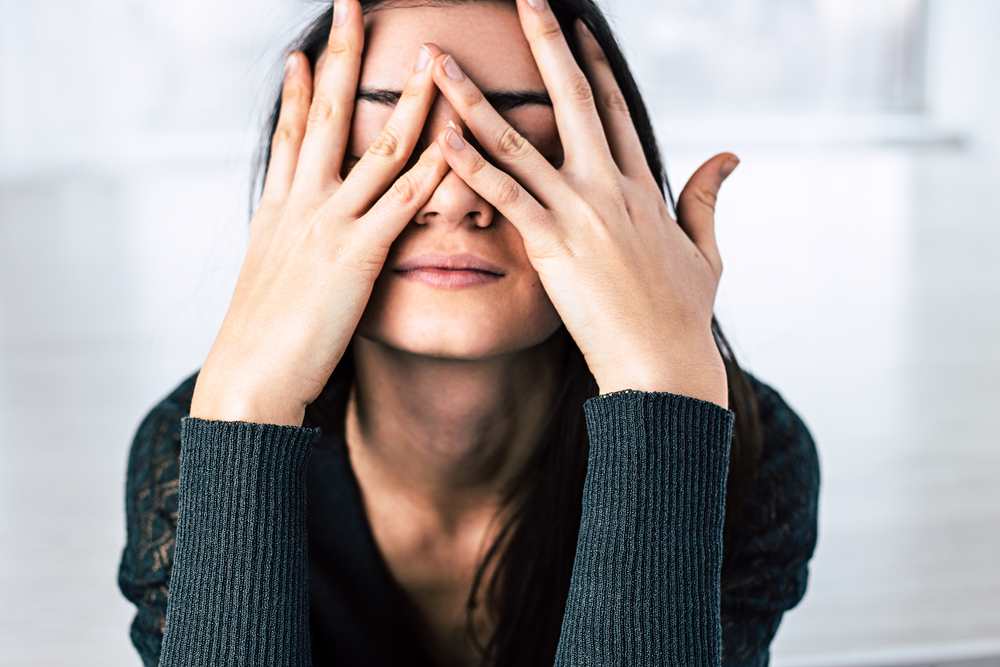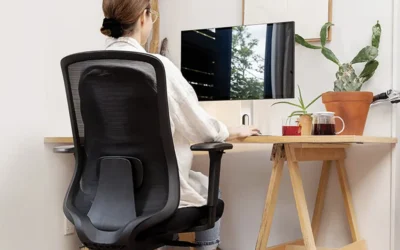What Causes Stress in Women?: Recovering Tips

In this fast-paced 21st century, stress seems to be an ever-present phenomenon, affecting people of all genders. However, it’s more often women who face unique stressors, stemming from societal expectations, biological factors, and personal circumstances. Understanding these stressors is crucial for developing effective coping strategies and promoting overall well-being.
In this blog, you will explore the nuances of what causes stress in women and also see valuable recovery tips to navigate through life’s challenges.
The Complex Nature of Women’s Stress
Women juggle multiple roles, from career responsibilities to family obligations, often experiencing the weight of societal expectations. The pressure to excel in both professional and personal realms can be immense, leading to chronic stress. Moreover, women may face additional stressors related to gender discrimination, unequal opportunities, and societal stereotypes, further increasing their mental burden.
Biological factors also play a significant role in women’s stress levels. Hormonal fluctuations throughout the menstrual cycle, pregnancy, and menopause can influence mood and stress response. Additionally, women are more likely to experience conditions such as anxiety and depression, which can heighten susceptibility to stress.
Identifying Common Stress Triggers
Understanding the specific triggers of stress is essential for effective management. Some of the common stressors for women are,
Work-Life Balance Struggles
Balancing career ambitions with family responsibilities can be challenging. Women often find themselves torn between advancing their careers and nurturing their families, leading to feelings of guilt and inadequacy.
Relationship Dynamics
Relationships, whether romantic or familial, can be a significant source of stress for women. Conflicts, communication breakdowns, and unrealistic expectations can strain interpersonal bonds, contributing to emotional distress.
Societal Pressures
Societal norms and expectations regarding appearance, achievement, and behaviour can create immense pressure on women. The constant pursuit of perfectionism and fear of judgment can lead to chronic stress and low self-esteem.
Financial Concerns
Financial instability or dependence can be a significant stressor for women, particularly those facing economic disparities or navigating single parenthood. The burden of providing for oneself and loved ones adds an extra layer of pressure.
Recovery and Coping Strategies
While stress may seem inevitable, there are numerous strategies women can employ to mitigate its impact and promote resilience:
Prioritize Self-Care
Self-care is paramount for managing stress. Engage in activities that bring joy and relaxation, such as meditation, exercise, or hobbies. Prioritizing personal well-being allows women to recharge and better cope with life’s challenges.
Cultivate Healthy Relationships
Nurturing healthy relationships can provide a vital buffer against stress. Surround yourself with understanding friends, family members, or support groups who offer empathy and encouragement during difficult times.
Set Boundaries
Learning to say no and establish boundaries is essential for preserving mental and emotional health. Prioritize tasks based on importance and delegate when necessary. Remember that it’s okay to prioritize your well-being over others’ expectations.
Seek Professional Help
Don’t hesitate to seek professional support if stress becomes overwhelming. Therapy, counselling, or support groups can provide valuable guidance and coping strategies tailored to individual needs.
Embrace Mindfulness
Practice mindfulness techniques to cultivate present-moment awareness and reduce stress. Activities such as yoga, deep breathing exercises, or journaling can help women stay grounded amidst life’s uncertainties.
Find Alternative Relaxation Aids
In our journey towards holistic well-being, it’s essential to explore various methods for relaxation and stress relief. While traditional methods such as mindfulness and self-care are valuable, some individuals may find alternative solutions ideal to their relaxation routines.
One such alternative is the i-Get Disposable Vape, designed to mimic the experience of a traditional cigarette without the harmful effects of tobacco. This vaping gadget offers a discreet and convenient way to unwind, providing a momentary escape from the stresses of everyday life.
In Brief,
By acknowledging the complex nature of stress in women and embracing diverse recovery strategies, we can inculcate a culture of resilience and empowerment, paving the way for happier and healthier lives.











